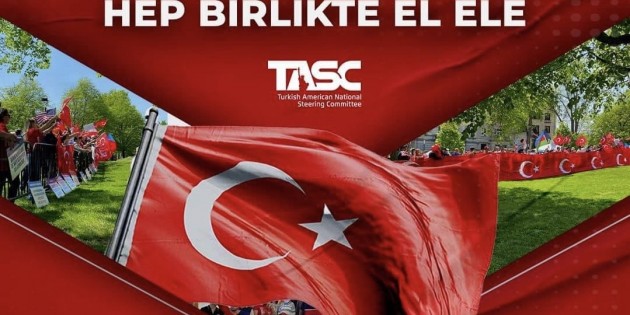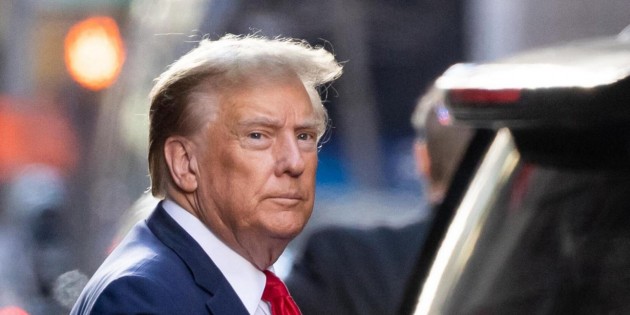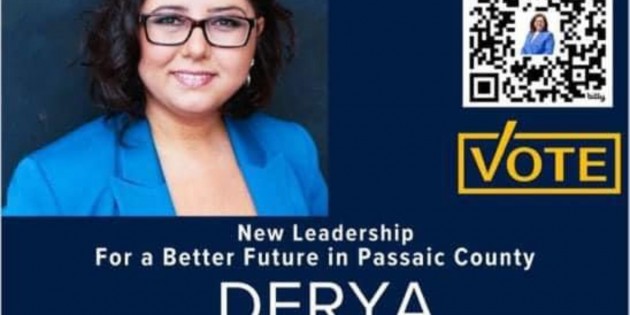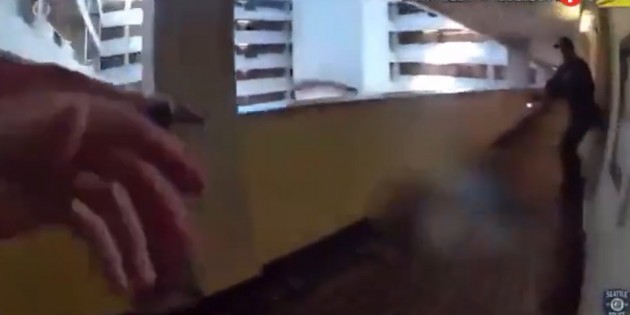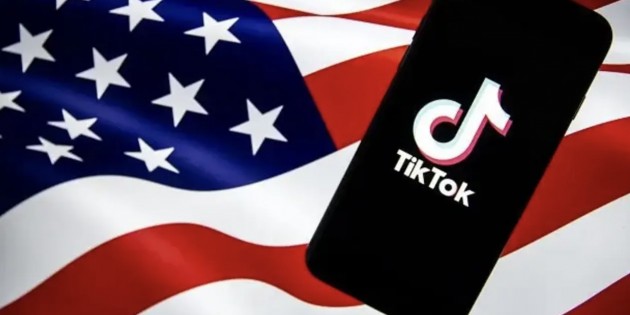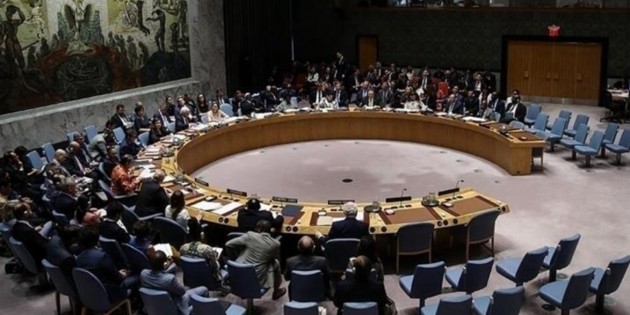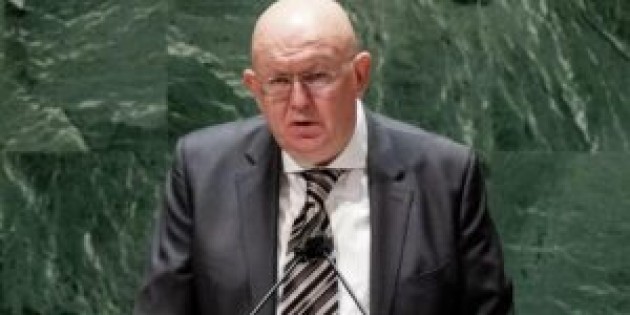Struggling Hotel Owners, Some With Trump Ties, Seek Federal Bailout
Thomas J. Barrack Jr., the billionaire investor and major donor to President Trump, has run into an unexpected patch of red ink thanks to the …

Thomas J. Barrack Jr., the billionaire investor and major donor to President Trump, has run into an unexpected patch of red ink thanks to the pandemic: He has struggled to keep up with payments on $1.97 billion in Wall Street debt he used to buy a collection of more than 160 hotels.
Monty Bennett, another big donor to Mr. Trump, is in a similar tough spot after he recently halted payments owed on the $2.6 billion worth of Wall Street debt used to acquire his own hotel collection.
“Imminent monetary default” is the term a Wall Street research firm used this summer to describe more than $300 million in debt on a luxury hotel in Austin, controlled by Doug Manchester, whom Mr. Trump nominated to serve as ambassador to the Bahamas after Mr. Manchester and his wife donated more than $3 million to Mr. Trump’s political causes.
The precarious financial position that some friends of Mr. Trump and other hotel executives are now in has fueled an intense lobbying campaign aimed at persuading the Trump administration, the Federal Reserve and Congress to rescue hundreds of hotel industry players that relied on riskier Wall Street debt to finance their lodging empires before the virus hit.
Industry executives and their lobbyists say a federal rescue will save thousands of jobs and help local economies, and are hoping their argument resonates with a president who is a hotelier himself. They are making the case that Treasury Secretary Steven Mnuchin has the power — and access to the billions of federal funds he needs — to extend existing coronavirus relief efforts to the commercial real estate sector, which so far has been cut off from most of the stimulus money.
But Congress prevented Mr. Mnuchin from tapping the main pot of $454 billion in coronavirus relief funds on his own, and doubts exist in the Treasury Department about the economic case for propping up a relatively small slice of the market that would primarily benefit wealthy investors who knowingly made high-risk bets.
One industry lobbyist involved in the negotiations said department officials remained concerned that some of the borrowers — which include hotels, shopping malls and other commercial real estate — might be “zombies” that are not going to survive, and taxpayer money sent to help them out would be lost.
Those concerns have not deterred the industry, which has embarked on an aggressive campaign to convince Congress, the Treasury Department and others that the sector will go bust without a big bailout.
“We need you to act — as often as possible — through calls, letters, and social posts to flood the offices of members of Congress,” the American Hotel & Lodging Association wrote on Thursday in an email to its members.
At a Senate Banking Committee hearing on Wednesday, a top industry lobbyist said Congress should make a “technical amendment” to an earlier relief package to explicitly allow a Treasury bailout. The committee’s chairman, Senator Michael D. Crapo, who has written two letters in recent months pushing Mr. Mnuchin and the Fed chairman, Jerome H. Powell, to act, said during the hearing that the commercial real estate industry, including hotels, was “one of the most significant industries to lack access” to relief funds.
The campaign has put the Trump administration in a tough spot.
Mr. Mnuchin may not be able to set up the type of program hoteliers want without new congressional action. Industry lobbyists privately acknowledge that any effort to bail out the industry will generate criticism, given Mr. Trump’s dual role as both president and owner of a small luxury hotel brand.
“The president clearly understands our industry: He’s a hotelier,” Chip Rogers, the chief executive of the American Hotel & Lodging Association, said in a webcast with a hotel industry broker in May, a few weeks after Mr. Rogers and executives from the nation’s largest hotel chains met privately at the White House with Mr. Trump.
“It’s not like we had to explain to him how things work. He gets that,” Mr. Rogers said on the call. “The problem is he and his entire administration are very sensitive to this idea that anything they’re doing is specifically helping hotels because the media is going to accuse him of helping his own business.”

The hotel industry is running into trouble in part because it spent years loading up on a type of debt, known as commercial mortgage-backed securities, which must make regular payments to the bondholders who own the debt.
But as hotel occupancy has fallen, the owners of these properties in many cases have lacked the cash flow to cover payments on the loans, which had been bundled together and then sold off to Wall Street investors as bonds.
Over all, there are $550 billion worth of commercial mortgage-backed securities outstanding in the United States, financing hotels, shopping centers, office buildings and even self-storage facilities.
During the last recession, another class of securitized mortgages — then mostly home loans made to risky borrowers — played a major role in the economic crash, as homes suddenly lost value and homeowners defaulted, saddling investors, banks and other financial institutions with huge losses.
A similar pattern is emerging in the hotel industry, with $20 billion or 23 percent of the securitized debt held by the lodging industry at least 30 days delinquent on payments, according to Trepp, a company that tracks the sector. In the last recession, the total value of delinquent commercial mortgage-backed securities, known as CMBS, peaked at $13.5 billion.
While financial agencies are paying close attention to the commercial real estate market, defaults in CMBS alone are seen as unlikely to cause an economic collapse rivaling what happened when residential mortgage-backed bonds began unraveling in 2008.
In part, that is because the debt is less concentrated and the riskier slices — the ones that absorb the first losses — are generally held outside the banking sector. In 2008, banks’ exposure to securitized residential mortgages brought major lenders to their knees, choking off credit to the real economy and reverberating through the financial system.
But the experience is still creating pain. As the pandemic has dragged on, an increasing number of CMBS borrowers, particularly in the hotel industry, are giving up on paying their debt obligations and preparing to turn their properties over to lenders, according to Trepp, which as of August had counted at least 35 such loans worth a total of $1.6 billion.
In some particularly hard-hit markets like Houston, as much as 66 percent of the hotels financed with securitized debt are now delinquent, according to Trepp, or $664 million worth of delinquent CMBS loans.
Republican lawmakers have been pressing the Treasury Department and the Fed to help.
Representative Van Taylor, Republican of Texas, has introduced legislation that would direct the Treasury Department to make “preferred equity” investments in borrowers that are struggling to handle their CMBS debt. That would allow the federal government to take a small ownership stake in hotels and other companies, giving borrowers new cash without violating limits on their existing debt agreements that prohibit them from taking on new loans.
“Millions of jobs and the prosperity of entire communities depend on keeping these properties open,” Mr. Taylor said in a statement as he introduced the bill. Before he was elected to the House in 2018, Mr. Taylor worked in the real-estate finance industry and Mr. Bennett of the Ashford hotel group is among his campaign contributors.

Publicly, Mr. Mnuchin has indicated that he is open to finding a way to help the industry — but he said it was not an easy problem to solve.
“This is a large challenge,” Mr. Mnuchin told House lawmakers in late June. “Working with the Fed, we have not yet figured out a way to set up a facility” that could assist holders of this debt, “so it’s not out of a lack of interest or a lack of desire.”
The Fed has already taken steps to stabilize the market for commercial real estate securities — potentially benefiting hotel owners. The central bank is accepting older private commercial mortgage-backed securities as collateral in one of its emergency lending programs and it is buying government agency-backed commercial mortgage securities, broadly helping alleviate a cash crunch in commercial real estate markets.
But the Fed probably could not participate in the type of direct bailout the industry wants, absent new congressional action, because of limits on how much credit risk the central bank can assume, among other restrictions.
Ethan Penner, a real estate investor credited with helping create CMBS, said the federal government should not be bailing out hotel and shopping center owners — borrowers he called “greedy and risk-loving, or the clueless” — after they turned to Wall Street to borrow heavily.
“The idea of bailing out owners of real estate does not even make sense to me,” Mr. Penner said in an interview. “What could make that rise to the top of anyone’s priority list when so many individual people are suffering and need help. These businesses should be allowed to fail.”
Hotel employees have also argued through their union that rescuing investors who turned to Wall Street to finance hotel buying sprees will not save jobs.
“Jobs are driven by occupancy, and only ending the pandemic can fix that,” said Gwen Mills, the secretary-treasurer of Unite Here, a union that represents 300,000 workers at hotels, casinos, cafeterias and other retail outlets. About 85 percent of those workers have lost their jobs, at least temporarily.

Hotel executives, including those who have given large sums to powerful politicians, have grown frustrated with the lack of action and say the industry’s reliance on debt ahead of the crisis should not exclude it from assistance.
“In an election year, nobody wants to be viewed as bailing out overleveraged industries — even if that’s not what is happening,” Mr. Barrack told Bloomberg in April. Mr. Barrack, who was the chairman of Mr. Trump’s inauguration gala, has donated at least $721,000 to Mr. Trump or his political causes.
Mr. Bennett, whose company owns or provides services to 130 hotels across the United States, practically begged Mr. Mnuchin and Mr. Powell to help.
“This crisis is significantly worse than 9/11 and the financial crisis combined!”Mr. Bennett wrote in an April letter.
Mr. Bennett said in a statement that he was frustrated at how things had played out. His hotels and related companies applied for more than $120 million in loans through the Paycheck Protection Program, but returned the money amid criticism that his corporate entities were not meant to benefit from small business loans.
In August, Ashford disclosed that the Securities and Exchange Commission was investigating its companies over potential self-dealing that predated the pandemic.
“The government destroyed our business through their shutdowns, offered P.P.P. loans to help repair the damage, jerked them back and then launched an investigation into us,” Mr. Bennett said. “Now the U.S. Treasury won’t lend the hardest-hit businesses in America a dime.”
“I think it’s fair to say that my contributions to the Trump campaign haven’t helped us much,” he added.
For now, Mr. Bennett’s companies have negotiated an agreement with some lenders to put off paying interest through November, and to allow his company to use accounts set aside for things like renovations to avoid having the loans foreclosed upon, according to a filing with the S.E.C.
These kind of “forbearance” arrangements have been negotiated by many hotel companies. But just in the last three weeks, after lenders moved to sell off or seize some of its properties, Ashford gave up ownership of at least nine of its hotels, including the Embassy Suites Midtown Manhattan.
Stephanie Brown, a spokeswoman for Mr. Manchester, said in a statement that he had not contacted Mr. Mnuchin and that the company disputed any suggestion that it would default on the loan for its Austin hotel.
“Zero ‘imminent monetary default’ and zero contact with U.S. Treasury,” she said.
Alan Rappeport contributed reporting.

